

Articles
How To Care For Silestone Countertops
Modified: October 20, 2024
Learn how to properly care for your Silestone countertops with these informative articles. Find tips and recommendations for maintaining the quality and durability of your countertops.
(Many of the links in this article redirect to a specific reviewed product. Your purchase of these products through affiliate links helps to generate commission for Storables.com, at no extra cost. Learn more)
Introduction
Silestone countertops have become increasingly popular in modern kitchens and bathrooms due to their durability and aesthetic appeal. Made from a combination of natural quartz and resins, Silestone countertops offer a beautiful and versatile option for homeowners seeking a durable and low-maintenance surface. However, proper care is essential to maintain the beauty and longevity of these countertops. In this article, we will explore some effective tips and techniques for cleaning and maintaining Silestone countertops.
Whether you have just installed Silestone countertops in your home or are considering them for your next renovation project, understanding how to properly care for them is crucial. With the right knowledge and practices, you can ensure that your Silestone countertops remain in pristine condition for years to come.
From everyday care to removing stains and preventing damage, we will cover all aspects of Silestone countertop maintenance in this comprehensive guide. By following these guidelines, you can keep your countertops looking their best and prevent any potential issues that may arise.
Key Takeaways:
- Proper care and maintenance of Silestone countertops, including regular cleaning, prompt stain removal, and preventive measures, ensure their longevity and pristine appearance, adding value to your home for years to come.
- Everyday care tips, such as using cutting boards, gentle cleaning tools, and protecting from direct sunlight, play a crucial role in preserving the beauty and durability of Silestone countertops, making them a lasting investment in your kitchen or bathroom.
Read more: What Is Silestone Countertops Made Of
Understanding Silestone Countertops
Silestone countertops are engineered stone surfaces that are composed of approximately 90% natural quartz and 10% resins. This unique combination results in a highly durable and non-porous material that is resistant to scratches, stains, and heat. The natural quartz content provides Silestone with its striking appearance, while the resins enhance its strength and durability.
One of the main advantages of Silestone countertops is their versatility in design. They are available in a wide range of colors and patterns, allowing homeowners to choose a style that complements their overall kitchen or bathroom design. Whether you prefer a classic and elegant look or a more contemporary and bold style, there is a Silestone countertop option to suit your taste.
Additionally, Silestone countertops are known for their low maintenance requirements. Unlike natural stone surfaces such as granite or marble, Silestone does not require regular sealing. Its non-porous nature makes it highly resistant to stains, making it an ideal choice for busy kitchens where spills are common.
Furthermore, Silestone countertops are hygienic and easy to clean. The non-porous surface prevents the growth of bacteria and mold, ensuring a safe and healthy environment for food preparation. With just a simple wipe-down using mild soap and water, you can maintain the cleanliness of your Silestone countertops.
It is important to note that while Silestone is highly resistant to heat, it is not heat-proof. Placing hot pots, pans, or other heated objects directly on the surface can cause damage, such as discoloration or cracks. To protect your Silestone countertops from heat damage, always use trivets or hot pads when placing hot items on the surface.
Overall, Silestone countertops offer a combination of beauty, durability, and low maintenance that makes them a popular choice among homeowners. Understanding the unique characteristics of Silestone will help you properly care for and prolong the lifespan of your countertops.
Cleaning and Maintaining Silestone Countertops
Cleaning and maintaining Silestone countertops is a straightforward process that requires minimal effort. By following a few simple guidelines, you can keep your countertops looking pristine and ensure their longevity. Here are some tips for effectively cleaning and maintaining your Silestone countertops:
- Regularly wipe down the surface: Use a soft cloth or sponge and mild soap or a pH-neutral cleaner to clean the surface of your Silestone countertops. Avoid using abrasive or acidic cleaners, as they can damage the surface. Rinse thoroughly with water and dry with a soft cloth to prevent water spots or streaks.
- Avoid harsh cleaning agents: Stay away from abrasive scouring pads, harsh chemicals, and bleach-based products when cleaning your Silestone countertops. These can cause discoloration and scratches. Stick to gentle cleaning solutions or specialty cleaners specifically designed for use on quartz surfaces.
- Deal with spills promptly: Silestone countertops are stain-resistant, but it is still important to clean up spills as soon as possible. Wipe away liquids, oils, or acidic substances such as lemon juice or vinegar to prevent any potential staining. For stubborn stains, a mixture of baking soda and water can be applied as a paste to the affected area and gently scrubbed using a soft cloth or sponge.
- Avoid cutting directly on the surface: While Silestone is highly resistant to scratches, it is recommended to use cutting boards or chopping blocks to protect the surface from potential damage. Sharp knives or utensils can leave marks on the countertop’s surface over time.
- Protect from heat: Although Silestone is heat resistant, it is best to use trivets or hot pads when placing hot pots, pans, or other heated objects on the countertop. Sudden changes in temperature can cause the surface to crack or stain. It is also advisable to avoid placing hot appliances directly on the surface.
- Prevent scratches and abrasive marks: Avoid dragging heavy or sharp objects across the Silestone countertop. Always use protective padding or mats under small appliances, cookware, or any object that has the potential to scratch the surface.
By incorporating these cleaning and maintenance practices into your routine, you can keep your Silestone countertops looking beautiful and extend their lifespan. With a little care and attention, your countertops will continue to enhance the aesthetics of your kitchen or bathroom for years to come.
Everyday Care Tips
To ensure the long-term beauty and durability of your Silestone countertops, it is important to incorporate some everyday care tips into your routine. These simple practices will help prevent damage and maintain the pristine condition of your countertops. Here are some everyday care tips for your Silestone countertops:
- Use cutting boards and trivets: Always use a cutting board when chopping or slicing ingredients to protect the surface of your Silestone countertop from scratches. Additionally, use trivets or hot pads when placing hot pots, pans, or other heated objects on the surface to avoid heat damage.
- Avoid excessive force or pressure: Avoid placing excessive force or pressure on your Silestone countertops, as it can cause cracks or chips. Be mindful when handling heavy objects or moving them across the countertop’s surface.
- Use gentle cleaning tools: When cleaning your Silestone countertops, opt for soft cloths, sponges, or non-abrasive cleaning pads. Avoid using abrasive scrub brushes or steel wool, as they can scratch the surface.
- Be mindful of chemical exposure: While Silestone is resistant to most household chemicals, it is advisable to avoid prolonged exposure to highly acidic or alkaline substances. If any spills occur, promptly clean them up to prevent potential damage.
- Regularly remove debris: Sweep or wipe away any crumbs or debris from your countertops daily. This prevents them from accumulating and potentially causing scratches when you clean or use the surface.
- Protect from direct sunlight: If your Silestone countertops are exposed to direct sunlight for extended periods, it may lead to fading or discoloration. Consider using window coverings or placing objects strategically to shield the countertops from direct sunlight.
By implementing these everyday care tips, you can maintain the beauty and durability of your Silestone countertops. These simple practices will help prevent unnecessary damage and ensure that your countertops continue to elevate the overall aesthetics of your kitchen or bathroom.
Removing Stains
While Silestone countertops are highly resistant to stains, it is still possible for certain substances to leave marks or discoloration if not cleaned promptly. Here are some effective methods for removing different types of stains from your Silestone countertops:
- General stains: For most common stains like food spills or watermarks, using mild soap and water along with a soft cloth or sponge should be sufficient. Gently scrub the stained area in a circular motion until the stain lifts. Rinse with water and dry with a soft cloth to prevent any streaks.
- Grease and oil stains: Grease stains can be tackled with a mild dish detergent or a mixture of warm water and baking soda. Apply the solution to the stain and let it sit for a few minutes. Gently scrub the area with a soft cloth or sponge, and rinse with water. Repeat the process if necessary until the stain is removed.
- Acidic stains: For acidic substances like lemon juice or vinegar, a mixture of baking soda and water can be used. Create a paste by combining equal parts of baking soda and water. Apply the paste to the stained area and let it sit for a few minutes. Gently scrub the stain using a soft cloth or sponge, and rinse thoroughly with water.
- Stubborn stains: For tougher stains that do not respond to general cleaning methods, a commercially available quartz cleaner or a specific stain-removal product formulated for Silestone countertops can be used. Follow the instructions on the product and test it on a small, inconspicuous area of the countertop before applying it to the stain.
It is important to address stains as soon as possible to prevent them from setting and becoming more difficult to remove. Prompt action and using the appropriate cleaning method based on the type of stain will help maintain the flawless appearance of your Silestone countertops.
Use a pH-balanced cleaner and a soft cloth to clean Silestone countertops. Avoid abrasive cleaners or pads to prevent scratching the surface.
Read more: How Much Does Silestone Countertops Cost
Preventing Damage
Preventing damage to your Silestone countertops is key to maintaining their beauty and longevity. While Silestone is highly durable, following these preventive measures will help safeguard against potential issues. Here are some effective ways to prevent damage to your Silestone countertops:
- Use cutting boards and trivets: Always use cutting boards when preparing food to avoid scratches and avoid placing hot pots, pans, and other heated objects directly on the countertop’s surface. Utilize trivets or hot pads to protect the countertop from heat damage.
- Avoid abrasive cleaners and tools: Stay away from abrasive cleaners, scrub brushes, and steel wool. These can scratch the surface of your Silestone countertops. Opt for non-abrasive cleaning solutions and soft cloths or sponges when cleaning the surface.
- Protect from heavy impact: Avoid dropping heavy objects directly onto the countertop surface, as it may cause cracks or chips. Be cautious and handle heavy kitchenware with care when placing them on the countertops.
- Be mindful of sharp objects: While Silestone is resistant to scratches, it is still possible to leave marks with sharp objects. Use caution when handling knives, utensils, or other sharp items on the countertop, and always use a cutting board to protect the surface.
- Avoid exposure to harsh chemicals: Prolonged exposure to highly acidic or alkaline substances, such as strong cleaning chemicals or bleach, can damage the surface of your Silestone countertops. Clean up spills promptly and use non-abrasive, pH-neutral cleaners for regular maintenance.
- Protect from direct sunlight: Extended exposure to direct sunlight may cause fading or discoloration. Use window coverings or place objects strategically to shield the countertops from direct sunlight. This will help preserve the color and overall appearance of your Silestone countertops.
- Perform regular maintenance: While Silestone requires minimal maintenance, performing routine cleaning and inspections will help identify any issues early on. Keep the countertops clean and address any stains or damage promptly to prevent them from worsening.
By implementing these preventive measures, you can protect your Silestone countertops from potential damage and maintain their beauty and functionality. Taking proper care of your countertops will ensure that they continue to standout as a centerpiece in your kitchen or bathroom for years to come.
Resealing the Countertop
Unlike natural stone countertops, Silestone countertops do not require regular sealing due to their non-porous nature. However, there are instances where resealing may be necessary to maintain the longevity and appearance of the surface. Here are some factors to consider when resealing your Silestone countertop:
- Assess the condition: Evaluate the condition of your Silestone countertop to determine if resealing is needed. If water no longer beads up on the surface and instead begins to absorb into the material, it may be a sign that the sealer has worn off and resealing is necessary.
- Consult the manufacturer’s guidelines: Refer to the manufacturer’s recommendations for your specific Silestone product. They may provide specific instructions on the frequency of resealing or recommend certain products for the job.
- Choose the right sealer: If resealing is required, select a high-quality, non-toxic sealer made specifically for quartz or Silestone surfaces. Follow the manufacturer’s recommendations regarding application and curing times.
- Clean and prepare the surface: Thoroughly clean the countertop using a mild soap or a pH-neutral cleaner to remove any dirt, oils, or residues. Rinse with water and allow it to dry completely before applying the sealer. It is essential to work with a clean and dry surface to ensure proper adhesion of the sealer.
- Apply the sealer: Follow the instructions provided by the sealer manufacturer for the application process. Generally, you will apply the sealer evenly across the surface using a clean, lint-free cloth or sponge. Allow the sealer to penetrate and dry according to the recommended curing time.
- Buff and maintain: Once the sealer has fully cured, buff the surface with a soft cloth to remove any excess residue. Regularly clean and maintain your Silestone countertop as per the manufacturer’s guidelines to preserve the effectiveness of the sealer.
It is important to note that resealing Silestone countertops is not a frequent requirement. The non-porous nature of Silestone makes it highly resistant to staining and water damage, reducing the need for regular resealing. However, it is still advisable to keep an eye on the condition of your countertops and follow the manufacturer’s recommendations to ensure they remain in optimal condition.
Repairing Minor Damages
Despite their exceptional durability, Silestone countertops may occasionally experience minor damages such as scratches, chips, or small cracks. Fortunately, many of these issues can be repaired easily without the need for professional assistance. Here are some methods for repairing minor damages on your Silestone countertop:
- Scratches: For minor scratches, you can use a mild abrasive cleaner or a polishing compound specifically designed for quartz surfaces. Apply the cleaner or compound to the scratched area and gently rub it in a circular motion with a soft cloth or sponge. Rinse with water and dry the surface. Repeat the process if necessary until the scratch is less visible.
- Chips: If your Silestone countertop has a small chip, you can use a clear, two-part epoxy adhesive to fill in the chip. Mix the epoxy according to the manufacturer’s instructions and carefully apply it to the chipped area, filling the void. Use a putty knife or a similar tool to level the epoxy with the countertop surface. Let it cure completely and lightly sand the repaired area if needed.
- Cracks: Hairline cracks in Silestone countertops can be filled using an ultra-clear, two-part epoxy resin. Clean the crack thoroughly and ensure it is dry before applying the epoxy. Fill the crack with the epoxy resin, using a toothpick or a similar tool to push the epoxy into the crack. Wipe away any excess resin with a clean cloth. Allow the epoxy to cure completely, and gently sand the surface if necessary.
- Stain removal: For stubborn stains that cannot be removed with regular cleaning, you can use a mixture of baking soda and hydrogen peroxide. Create a thick paste by combining the baking soda and hydrogen peroxide, then apply it to the stained area. Let it sit for a few hours or overnight, then gently scrub the stain using a soft cloth or sponge. Rinse with water and dry the surface.
- Seek professional help if necessary: If you are unsure about repairing more severe damages or if the DIY methods do not yield satisfactory results, it is best to consult a professional stone repair specialist. They have the expertise and experience to handle more complex repairs and ensure the best possible outcome.
Remember to always test any cleaning or repair products on a small, inconspicuous area of the countertop before applying them to the damaged area. This will help ensure that the products are compatible and do not cause any adverse effects on the Silestone surface.
By following these repair methods or seeking professional assistance when needed, you can effectively address minor damages on your Silestone countertops and restore their impeccable appearance.
Conclusion
Silestone countertops are a popular choice for homeowners who desire both beauty and durability in their kitchen or bathroom surfaces. With their high quartz content and resilient resin composition, Silestone countertops offer remarkable resistance to scratches, stains, and heat. By implementing proper care and maintenance routines, you can ensure that your Silestone countertops remain in optimal condition throughout the years.
Cleaning and maintaining Silestone countertops is a straightforward process that requires minimal effort. Regularly wiping down the surface with mild soap and water, avoiding harsh cleaning agents, and promptly attending to spills are simple yet effective everyday care tips that will keep your countertops looking pristine.
In the event of stains, it is important to choose the appropriate methods for removing them based on their nature. With gentle cleaning solutions and targeted stain removal techniques, you can keep your Silestone countertops free from unsightly marks.
Preventing damage by using cutting boards, trivets, and taking precautions against heavy impact or sharp objects is key to preserving the appearance and longevity of your countertops. By being mindful of potential hazards and taking preventive measures, you can avoid common pitfalls.
In the rare cases where resealing or minor repairs are necessary, it is essential to follow the manufacturer’s guidelines and use the appropriate products. Regular inspections and taking action promptly can help maintain the pristine condition of your Silestone countertops.
In conclusion, caring for Silestone countertops is relatively simple and requires just a few easy steps. By following the tips and techniques outlined in this article, you can ensure that your Silestone countertops remain a beautiful and functional centerpiece in your home for many years to come, enhancing both the aesthetics and value of your living space.
Frequently Asked Questions about How To Care For Silestone Countertops
Was this page helpful?
At Storables.com, we guarantee accurate and reliable information. Our content, validated by Expert Board Contributors, is crafted following stringent Editorial Policies. We're committed to providing you with well-researched, expert-backed insights for all your informational needs.
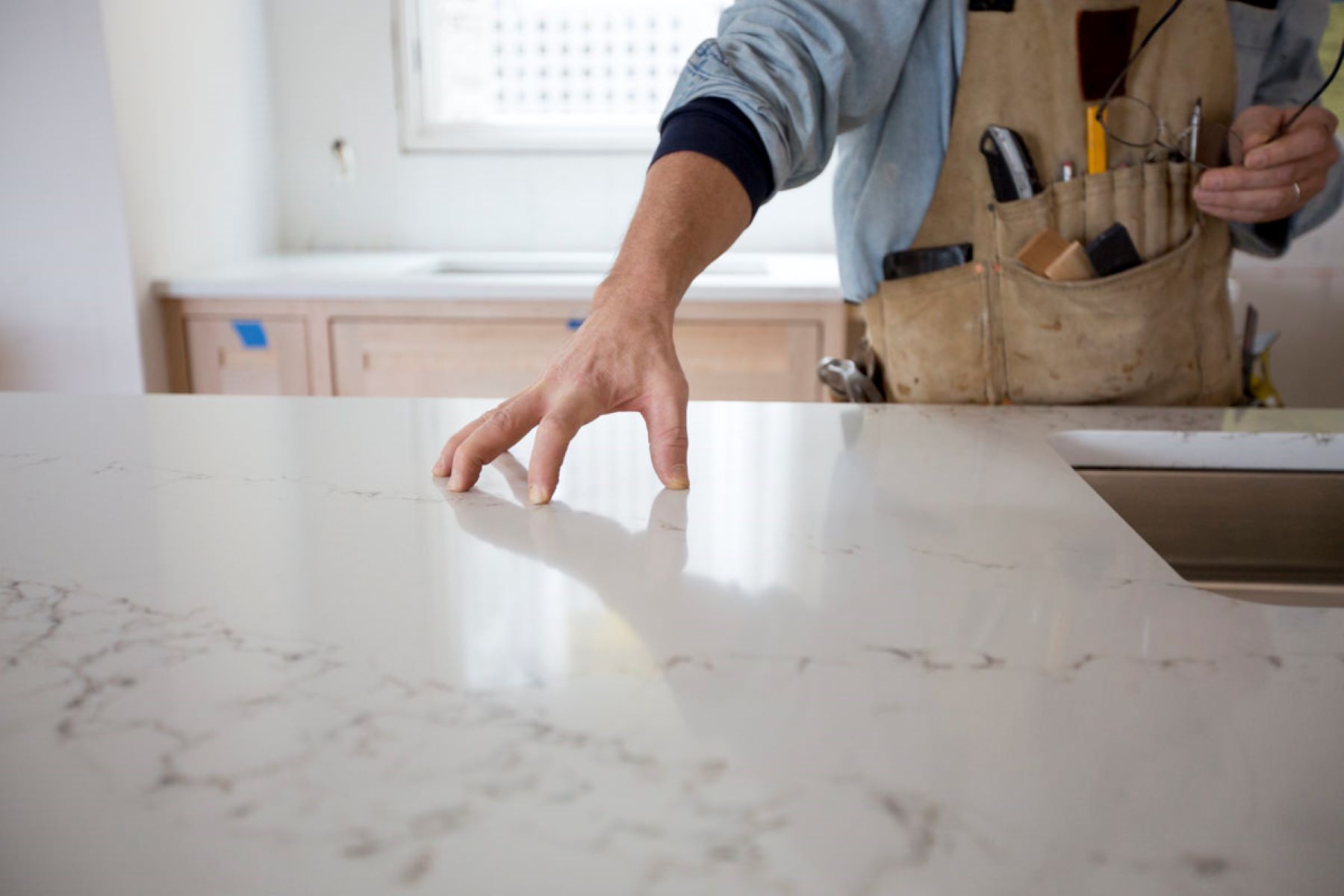
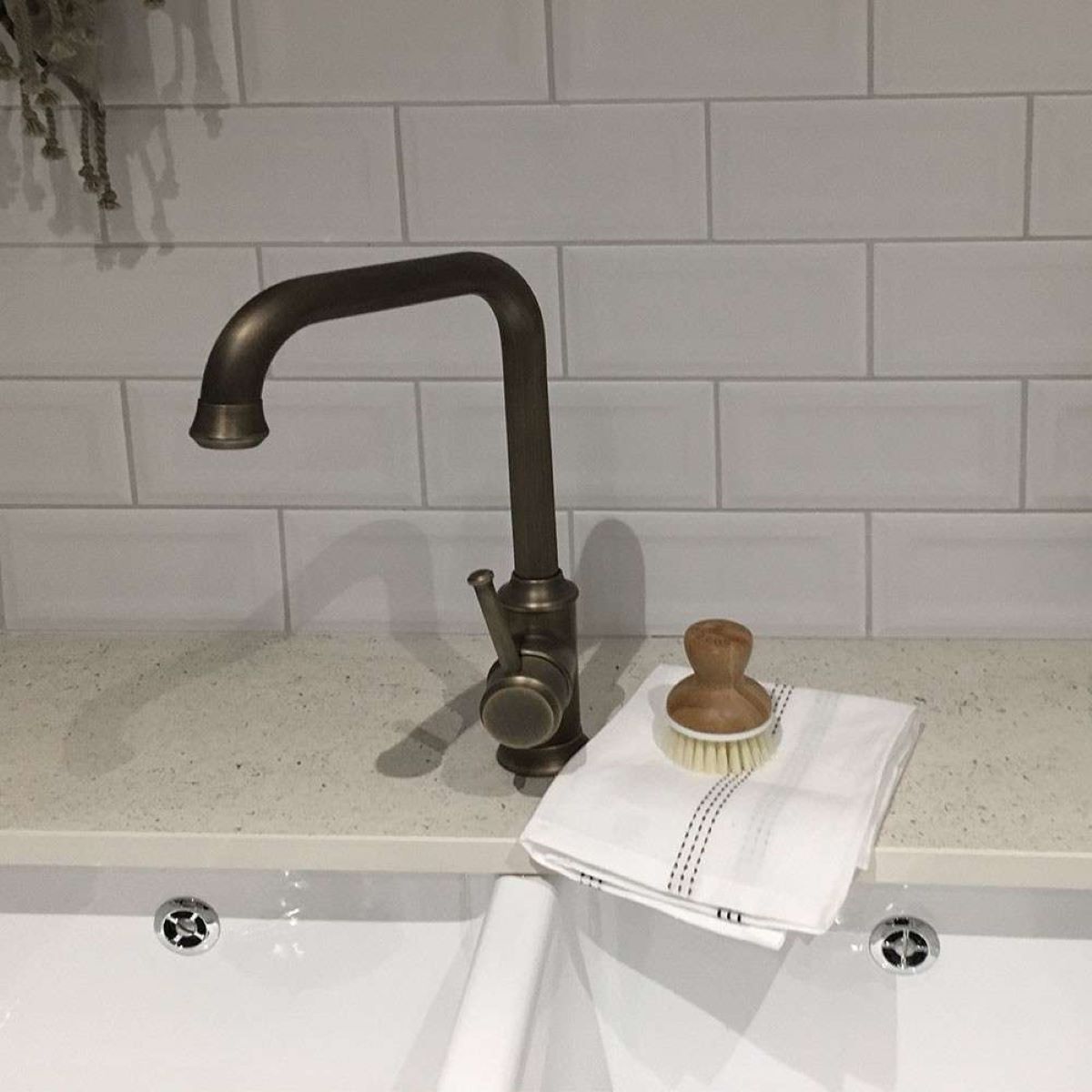


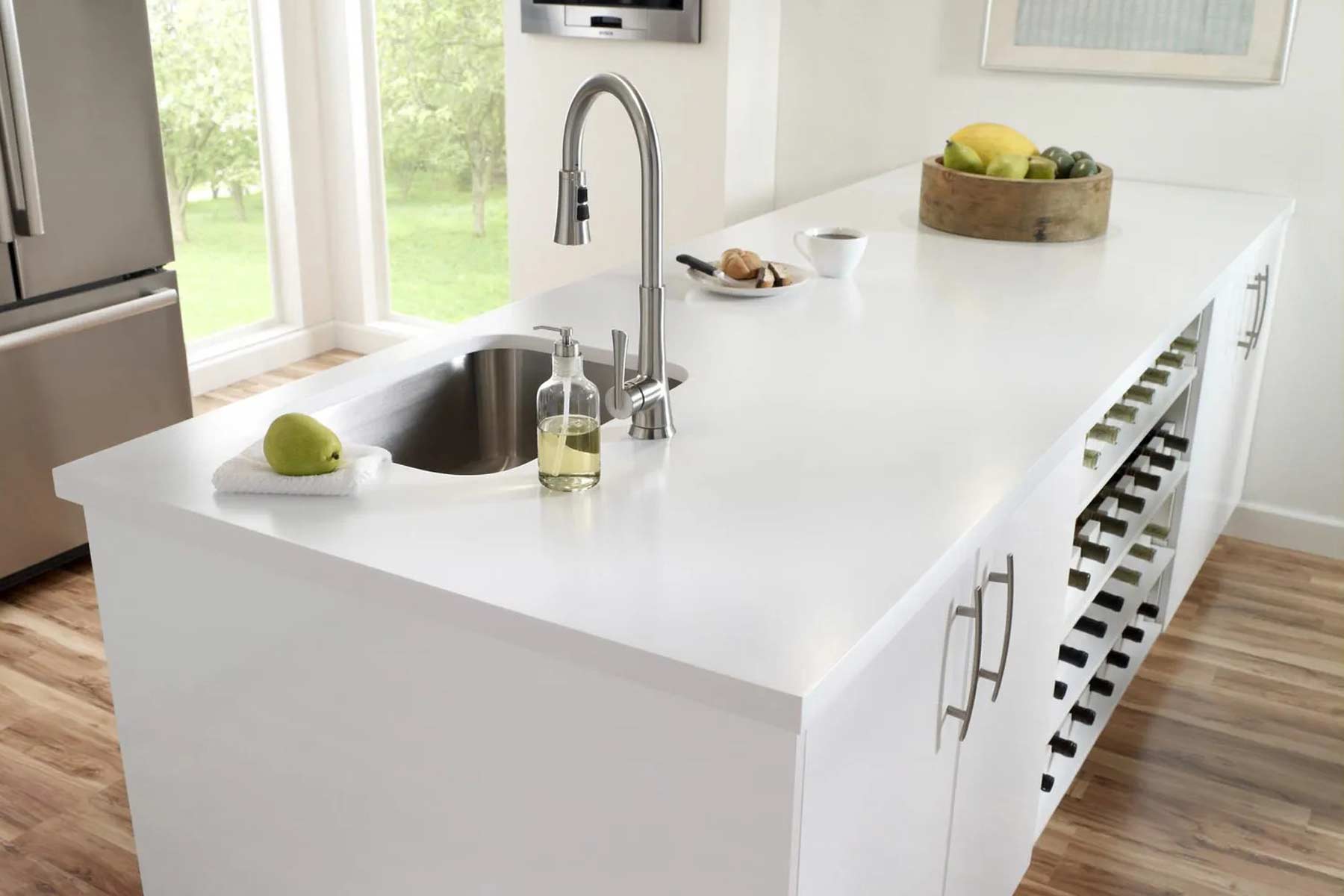
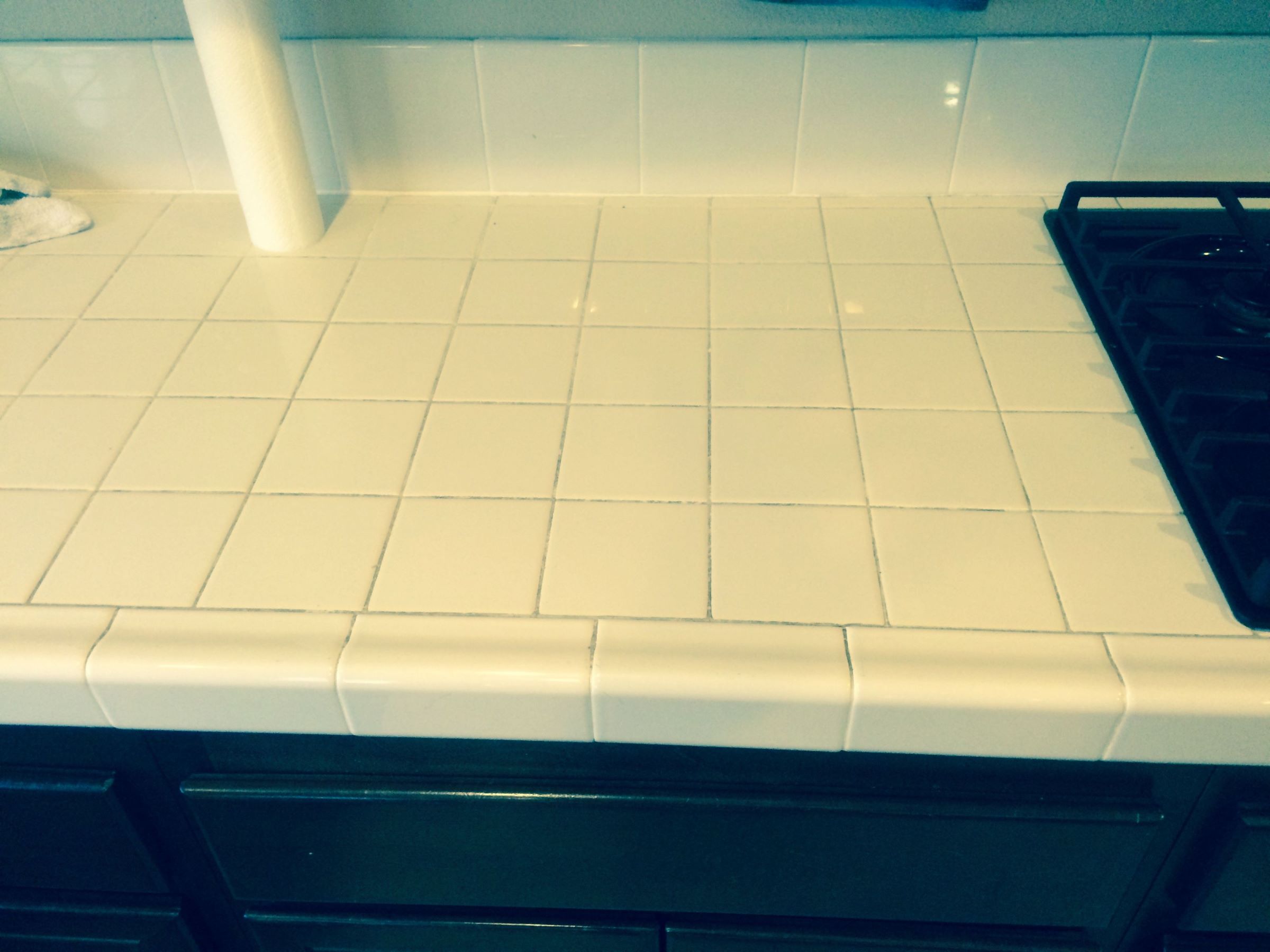
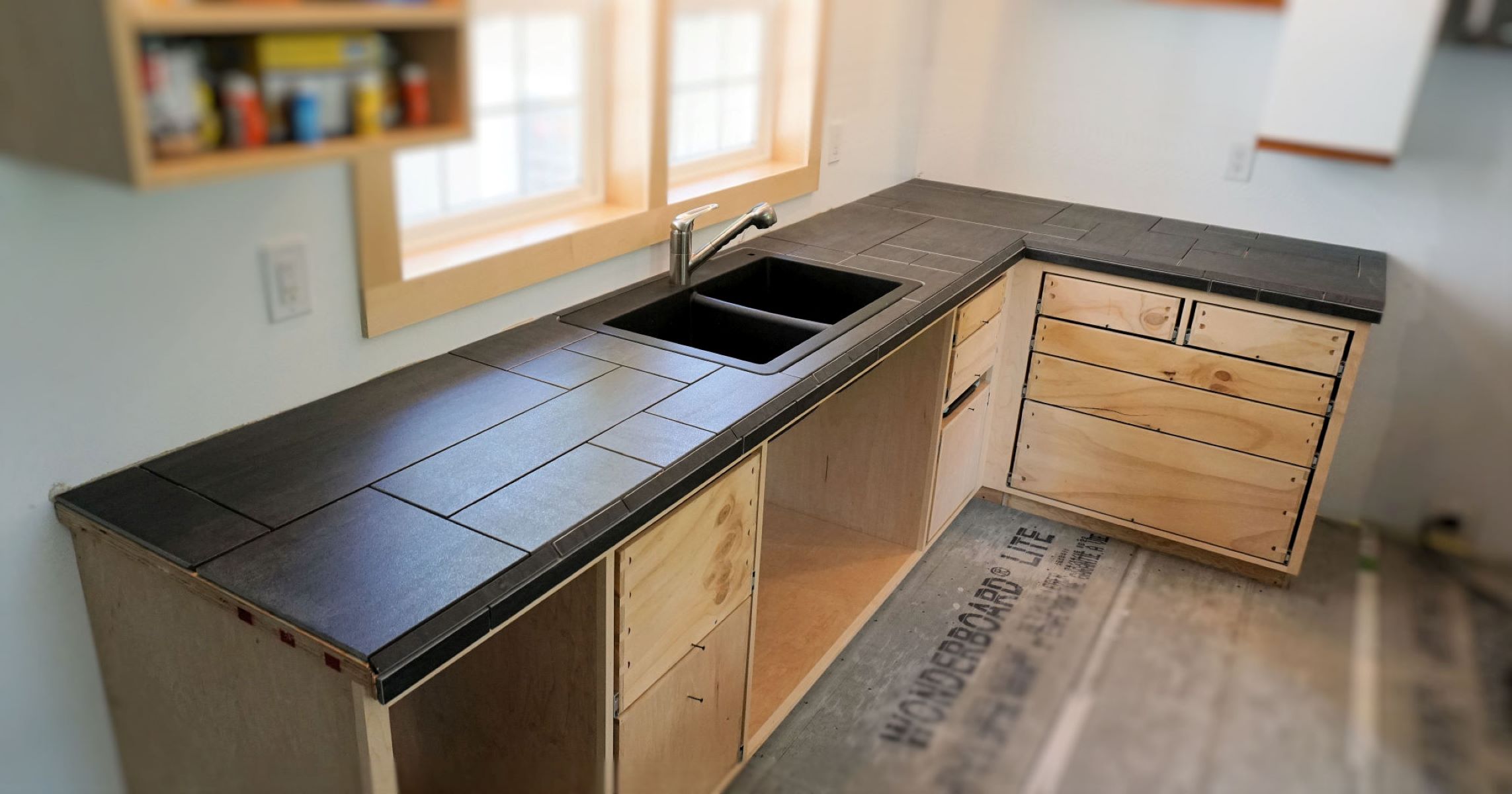
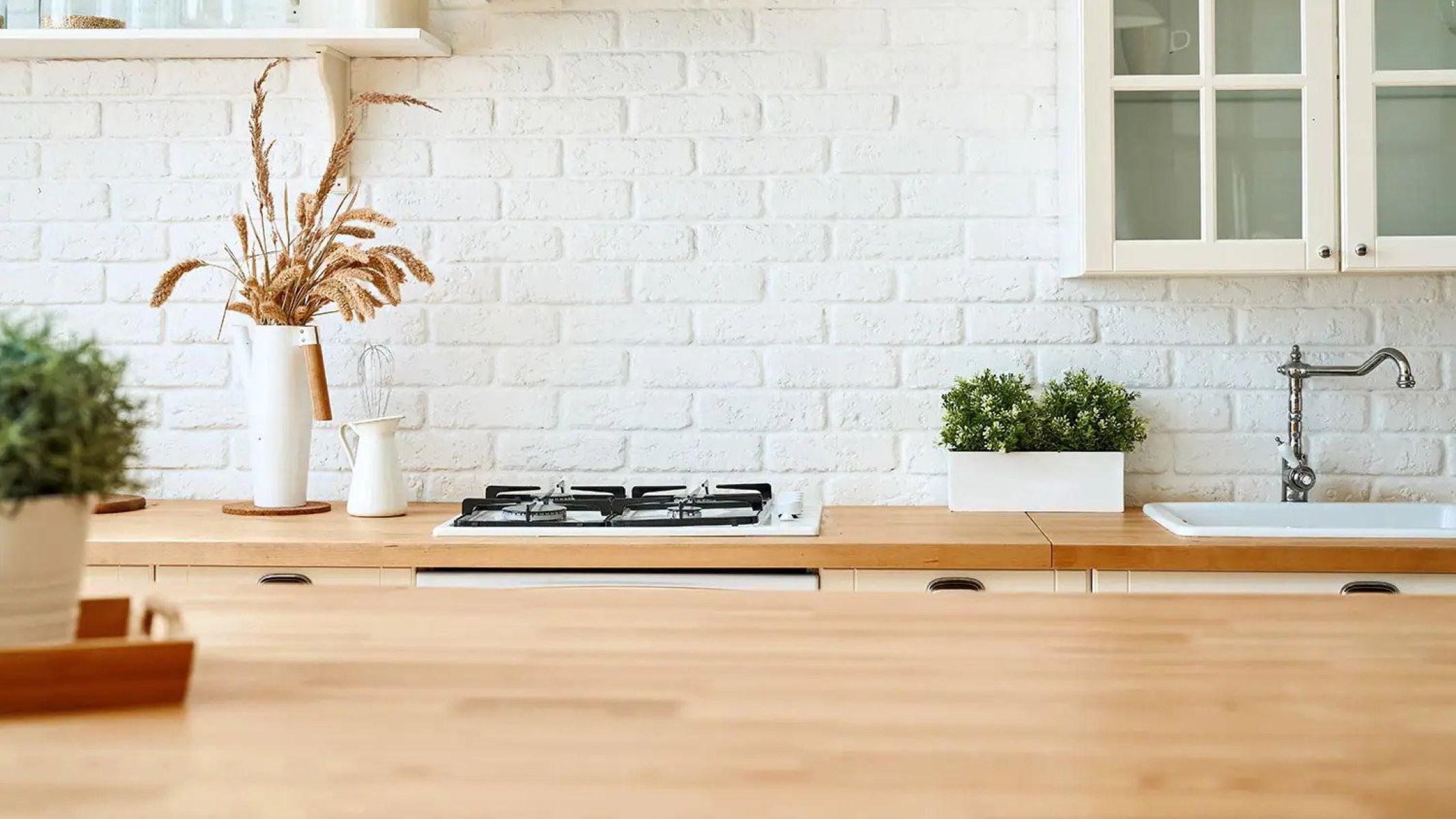
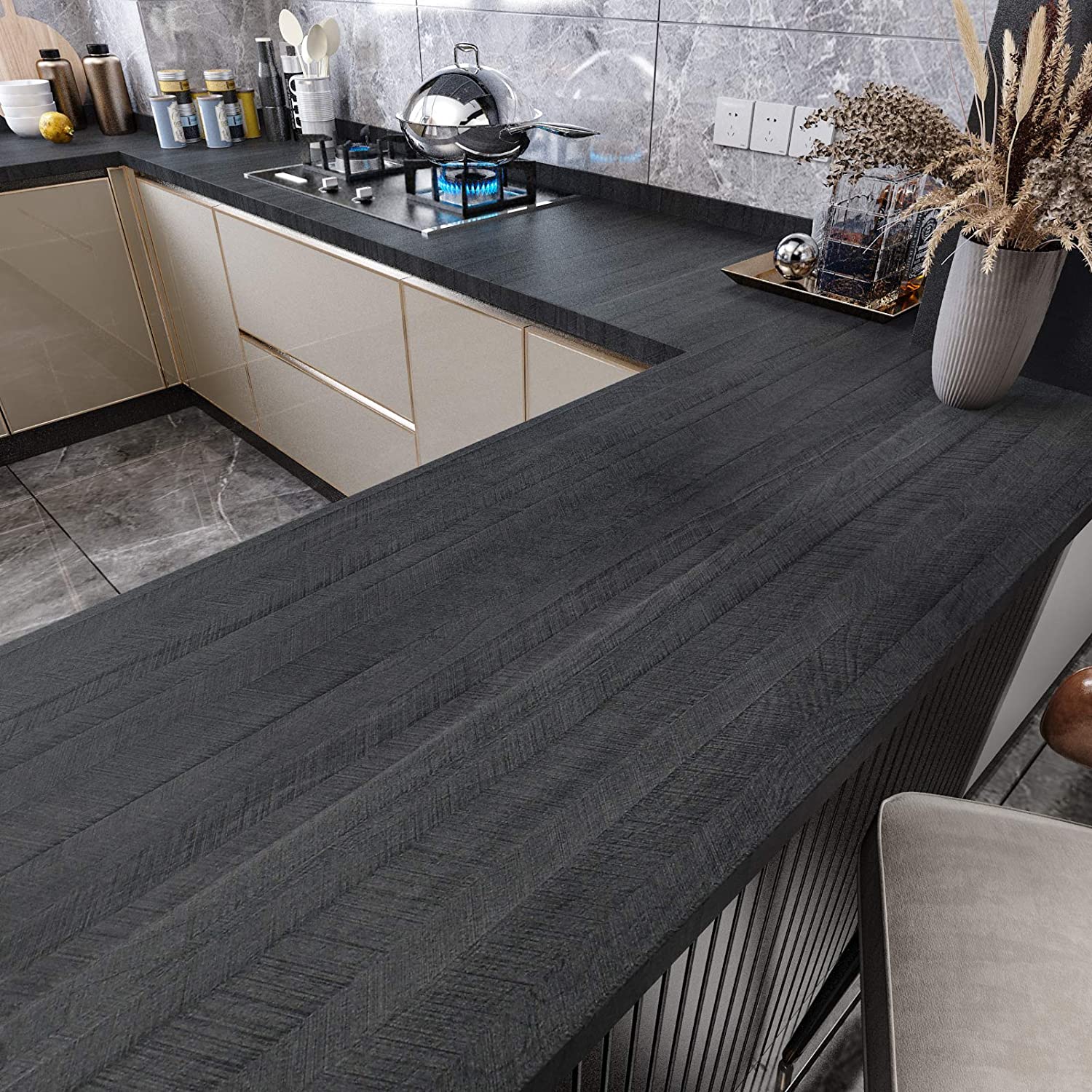
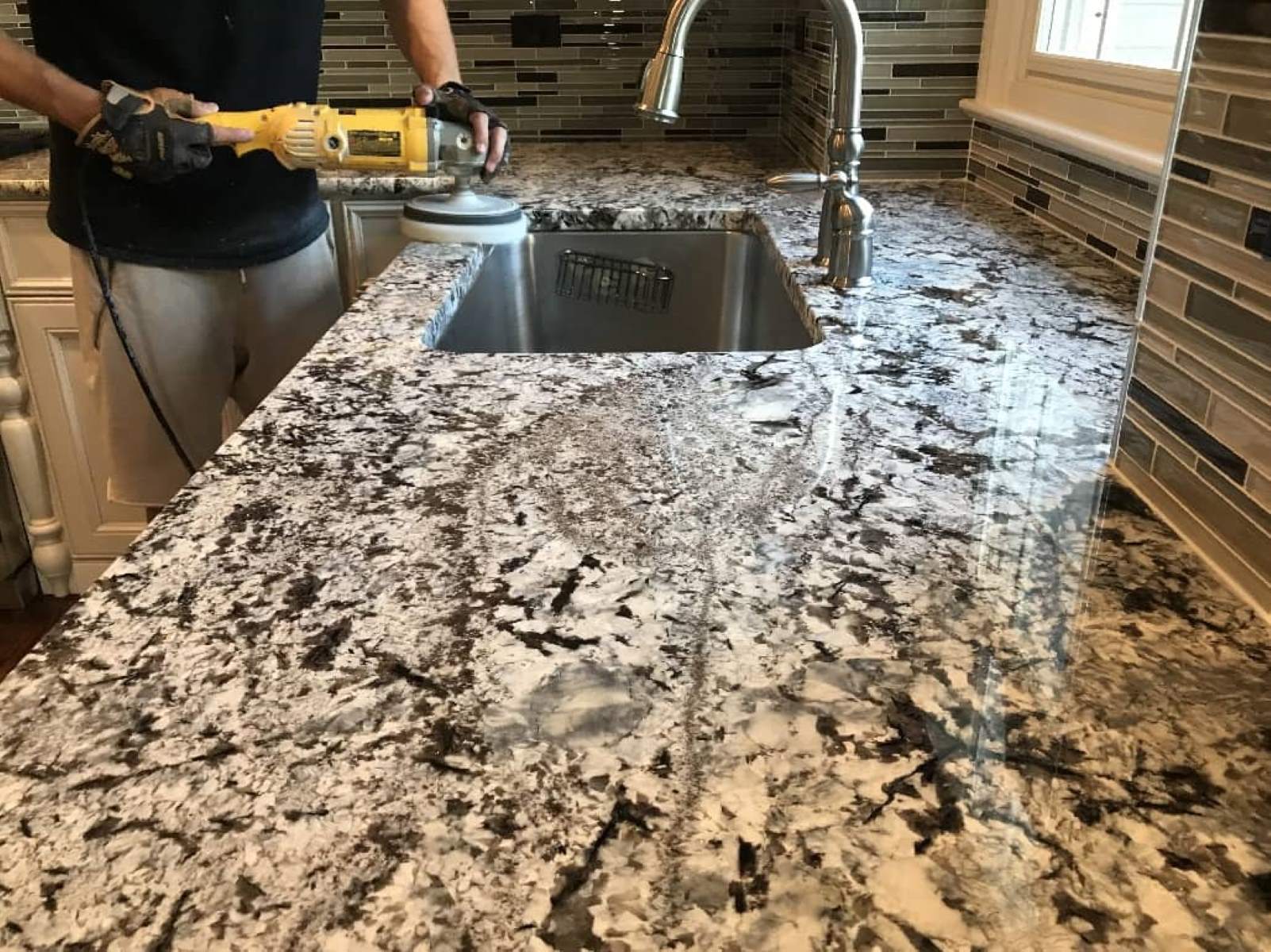
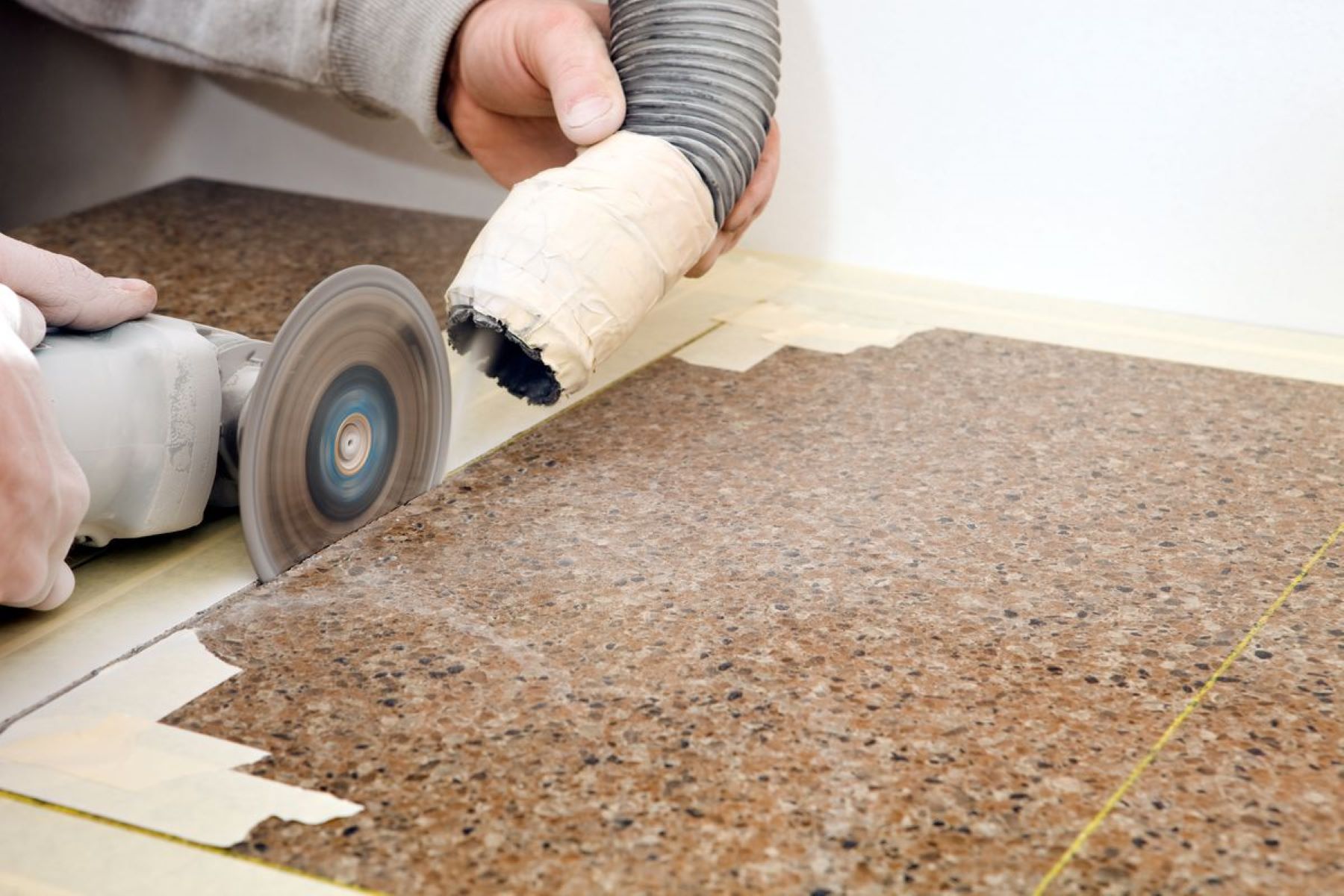
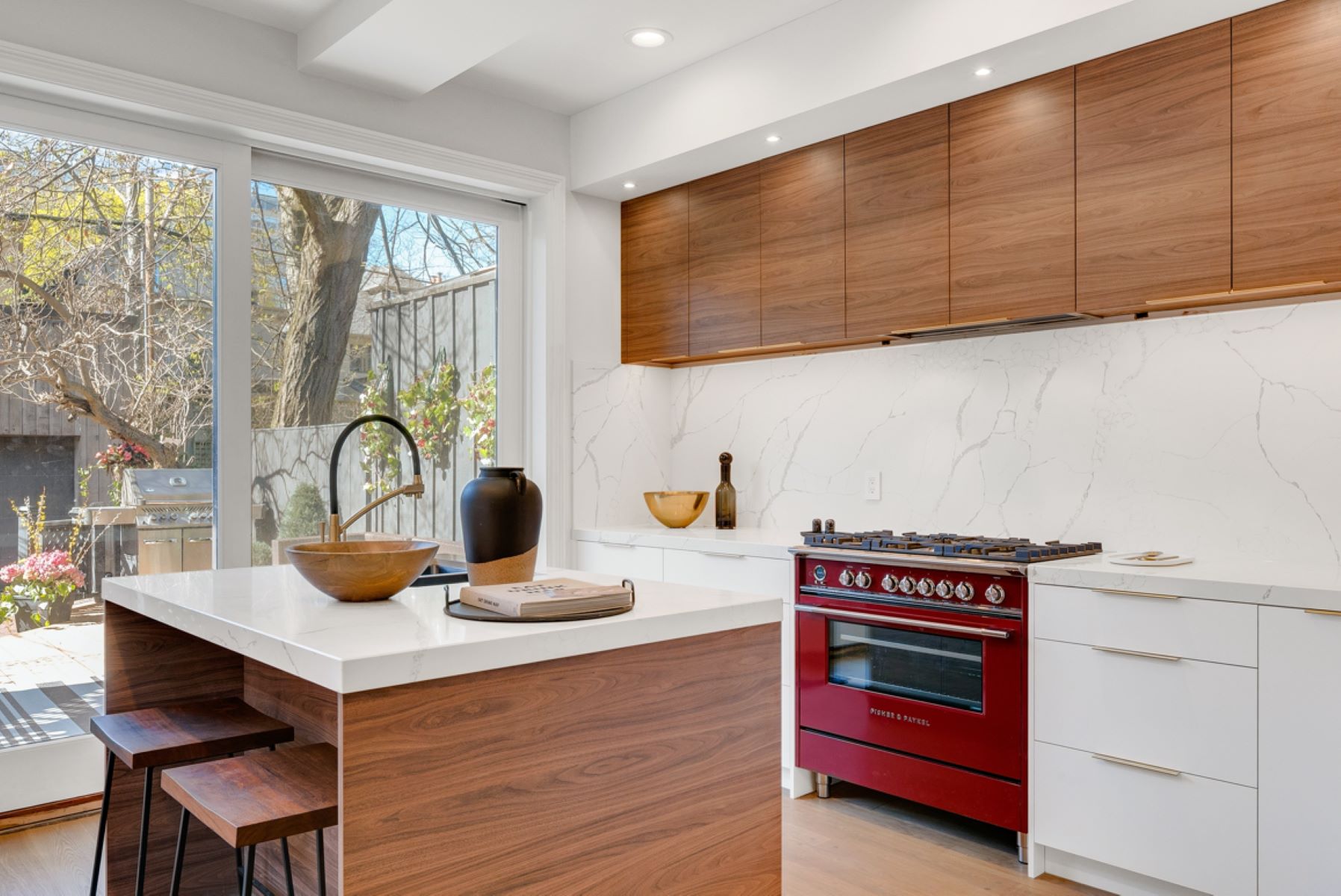
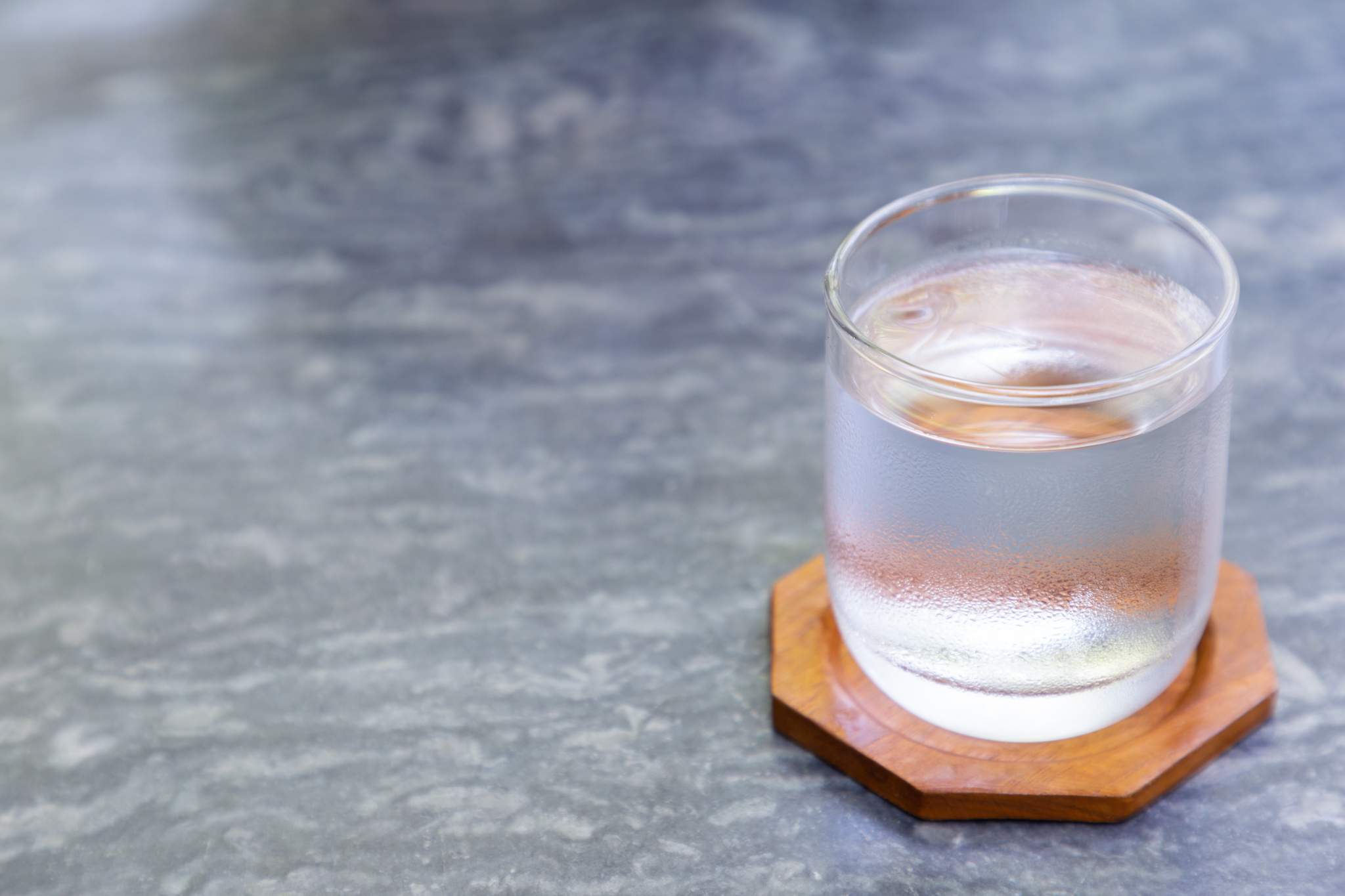
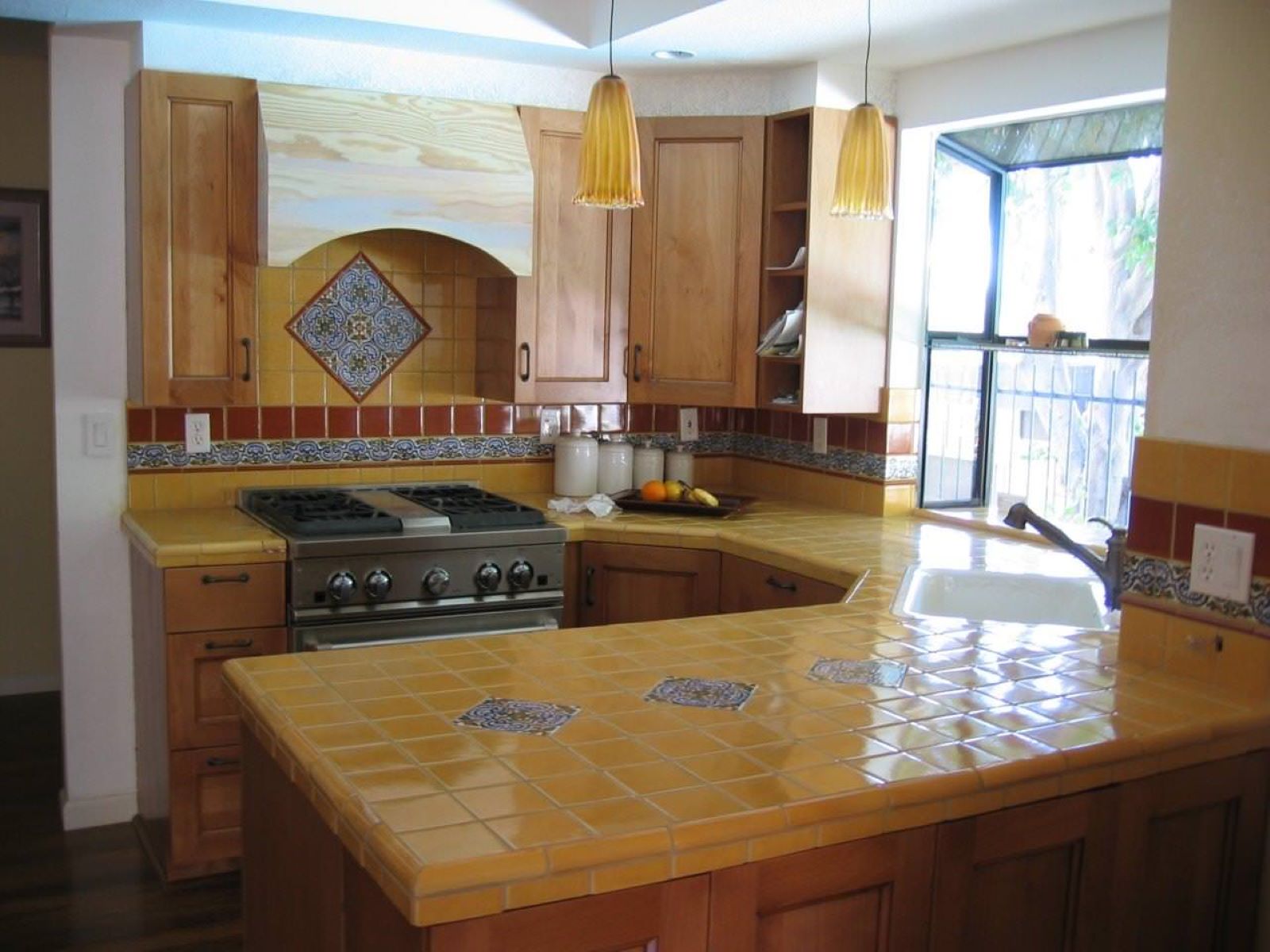

0 thoughts on “How To Care For Silestone Countertops”